Posted on April 3, 2025
The Monsters in Our Closets: A Grown-Up’s Guide to Conquering the Unknown

I stare at the cracked closet door in our bedroom night after night. That slight gap—maybe five inches wide—between door and frame haunts me more than I’d care to admit. My wife often reminds me I’m a grown man (mostly in jest, I hope). Yet here I am, lying awake wondering what lurks in that sliver of darkness while she sleeps peacefully beside me.
It’s not that I actually believe there’s a monster in there, some slavering beast with tentacles and a thrashing maw craving my blood. Or an MLM founder. It’s the not knowing. That small space of uncertain potential represents something we’ve all struggled with since we crawled out of the primordial ooze and started thinking—fear of the unknown.
This fear is woven throughout human history, from ancient sailors marking the edges of their maps with “here be dragons” to modern politicians leveraging uncertainty to whip supporters into a frenzy. We’re hardwired to be suspicious of what we don’t understand, and that suspicion manifests as fear more often than not. The answer, as any toddler who makes their parent check under the bed understands, is knowledge. Shine a light on the darkness, and the monsters usually disappear.
So why does the unknown scare us? What is it about a lack of control that causes us such distress? And most importantly, what can we do about it?
The unknown scares us because it’s inherently outside our control. We can’t predict it, plan for it, or prevent it. Tests on human lab rats show that uncertainty triggers a stronger negative response in the brain than even known negative outcomes. We’d literally rather have certain bad news than uncertain possibilities—the devil we know over the devil we don’t.
This lack of control wreaks havoc on our poor mammalian brains. Other human lab rat studies found that perceived lack of control increases stress hormones like cortisol, which can lead to everything from poor sleep (hello, closet door) to impaired decision-making. Anyone who’s ever panic-bought toilet paper during a global pandemic understands this viscerally. We are not, as much as we’d like to pretend otherwise, perfect stoics calmly accepting what we cannot change. Instead, like a squirrel chattering from a tree at a dog that doesn’t know any better, we rage against an unfair world.
The good news is that there is an answer. And like all good fairy tales and free online management strategies, it comes in three parts.
First, learn about what you don’t know. Nature abhors a vacuum, and it will fill the gaping holes in your knowledge with nightmares, conspiracies, and late-night infomercials. Opening the closet door lets you know what’s in there, one way or another. You might not like what you find, but certainty beats imagination running wild every time.
Second, embrace a growth mindset. Once you’ve learned what there is to know, ask yourself what the next step might be. Maybe checking the closet isn’t enough—perhaps you set up an entire CCTV system with motion-triggered alarms and wire it all yourself. Or maybe you realize that the fear wasn’t about the closet at all, but about something else in your life you’ve been avoiding. Growth means using knowledge as a stepping stone rather than a destination.
Finally, accept that you can’t control anything beyond your attitude. The closet is going to do its thing whether you lie awake worrying about it or not. But how you react to that slightly ajar door is entirely up to you. This isn’t about pretending fears don’t exist—it’s about recognizing that fear is just information, not a command.
Now, I can already hear some of you protesting: “But experts have agendas! How can we trust what they tell us about the unknown?” This is a dangerous path to walk down. Yes, expertise can come with bias, but wholesale rejection of knowledge has never led anywhere good. Expertise has given us space flight, vaccines, and dishwashers. Deciding that experts are idiots unless they tell us what we want to hear gives us ignorance, Jim Crow laws, and people thinking wildfires are caused by Jewish space lasers. I know which tradition I’d rather follow.
Learn, grow, accept. This is the formula that has gotten humanity from discovering fire to walking on the moon. It’s how we’ve survived plagues, wars, and reality television. And it’s how I make peace with that closet door.
Every morning, I get up and open it all the way. Inside is exactly what I expect—too many clothes, boxes from the latest move I’ve yet to put away, and the occasional child’s toy. No tentacles, no glowing eyes, no interdimensional portal (unfortunately). Just the known, waiting to be discovered.
So open the closets in your life and see what you find. The monsters you imagine are almost certainly worse than what’s actually there. And even if you do find something with tentacles? Well, at least then you’ll know what you’re dealing with.


